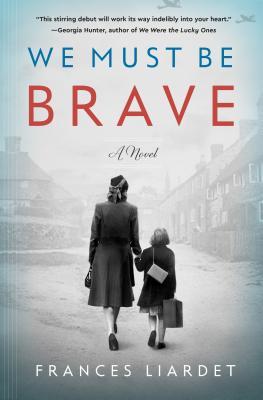What do you think?
Rate this book


464 pages, Hardcover
First published February 7, 2019
 I kept hearing about this book on Goodreads so I put in my request at the library. The majority of the book is set in the WW II era, one of my preferred time periods, and it's set in and around Upton England .
I kept hearing about this book on Goodreads so I put in my request at the library. The majority of the book is set in the WW II era, one of my preferred time periods, and it's set in and around Upton England .
